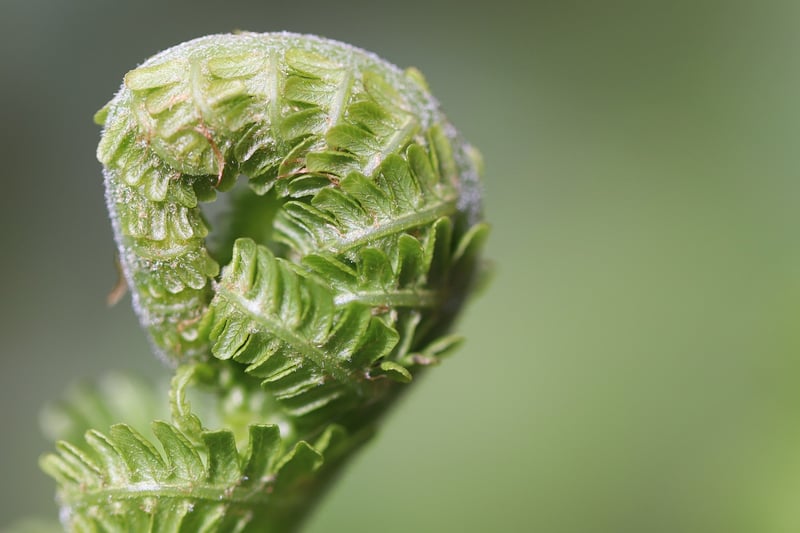Composting Tips
Environmentally-Conscious Gardening and Composting Tips
Introduction
Welcome to the world of environmentally-conscious gardening! Whether you are a seasoned gardener or just starting out, incorporating sustainable practices into your gardening routine can make a significant impact on the environment. One such practice is composting, which not only reduces waste but also enriches the soil, leading to healthier plants. In this article, we will explore some tips for environmentally-conscious gardening and how you can effectively implement composting in your garden.
Benefits of Environmentally-Conscious Gardening
- Reduces carbon footprint
- Supports biodiversity
- Conserves water
- Promotes healthy soil
- Reduces chemical usage
Composting Tips
Composting is a natural process that transforms kitchen and garden waste into nutrient-rich soil amendment. Here are some tips to help you get started with composting:
- Choose the Right Bin: Select a compost bin that suits your space and needs. There are various options available, from DIY bins to purchased ones.
- Balance Your Ingredients: Aim for a balance of green (nitrogen-rich) and brown (carbon-rich) materials in your compost pile. Green materials include fruit scraps, grass clippings, and coffee grounds, while brown materials include leaves, straw, and cardboard.
- Aerate Your Compost: Turn or mix your compost pile regularly to introduce oxygen, which speeds up the decomposition process.
- Keep It Moist: Your compost pile should be as damp as a wrung-out sponge. Add water when needed to maintain the right moisture level.
- Avoid Certain Items: Do not compost meat, dairy, or diseased plant materials, as they can attract pests or introduce pathogens to your compost.
- Patience is Key: Composting takes time, so be patient and allow nature to do its work. You will be rewarded with nutrient-rich compost for your garden.
Conclusion
By incorporating environmentally-conscious gardening practices such as composting into your routine, you not only reduce your environmental impact but also create a healthier and more sustainable garden. Start small, experiment, and enjoy the process of nurturing both your plants and the environment. Happy gardening!

For more information on composting and sustainable gardening practices, you can visit EPA's composting guide.
